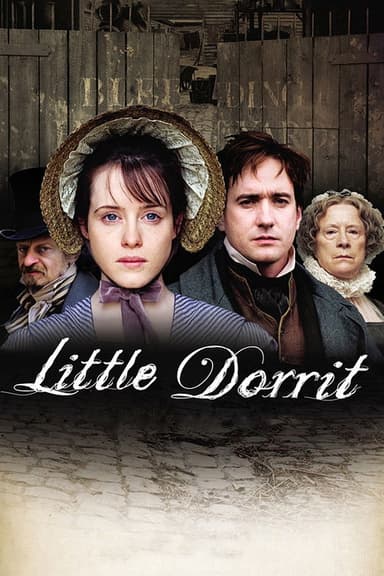
The Pallisers
1974 • Drama
This sprawling BBC saga follows an aristocratic family through three generations of power, wealth, intrigue, and scandal in Victorian England. Based on Anthony Trollope’s “political” novels .
Why you should read the novels
Reading Anthony Trollope’s original Palliser novels immerses you deeply in the nuanced world of Victorian politics, society, and personal relationships. The books unfold at a measured pace, allowing you to savor the subtleties of each character’s motivations, thoughts, and dilemmas—details that television adaptations, by necessity, often condense or omit. Trollope’s richly descriptive prose evokes a time and place with unparalleled intimacy, rewarding readers who appreciate complex social dynamics and the internal struggles that shape public life.
By engaging with the source novels, you enter into a dialogue with the author’s original intentions and thematic concerns. The books provide historical and cultural context that elucidates the nuanced interplay between personal ambitions and public responsibilities, fostering a deeper understanding of class, gender, and power in 19th-century England. Trollope’s insight into human nature makes the political intrigue and moral conflicts even more compelling.
Ultimately, while a television series can visually dazzle and entertain, only the novels can convey the full depth, wit, and breadth of Trollope’s creation. They invite reflection and empathy, offering readers the kind of immersive, thought-provoking experience that endures long after the story’s end.
Adaptation differences
The television adaptation of The Pallisers condenses six lengthy novels into a limited number of episodes, resulting in significant omissions and modifications. Many nuanced subplots—especially those that delve into minor characters or explore secondary themes—are pared down or eliminated. This makes the television version more streamlined and accessible but at the expense of the literary richness and detail found in Trollope’s prose.
Certain characters’ portrayals in the TV series are altered to suit the visual medium and narrative constraints. Some characters are given more or less screen time than in the novels, and their actions might be simplified or combined with those of other figures. As a result, some character arcs lack the gradual development and psychological insight present in the original novels.
The series also compresses the timeline, sometimes merging events or shifting their order for dramatic effect. This can lead to altered motivations or unexplained leaps in character behavior, especially when complex decisions and moral conflicts are rushed or re-imagined to fit episodic storytelling constraints. The intricacies of Victorian parliamentary politics, which dominate in the novels, may be glossed over to keep the plot engaging for television viewers.
Additionally, the thematic depth and authorial voice present in Trollope’s writing—his wit, social satire, and philosophical asides—are difficult to translate onto the screen. The adaptation focuses more on the visual spectacle, relationships, and overarching plots, while the subtler satire and commentary integral to Trollope’s work can be lost or downplayed. Readers of the novels will find layers of meaning, background, and critique that the television series, by its nature, cannot fully capture.
The Pallisers inspired from
The Eustace Diamonds
by Anthony Trollope
The Duke's Children
by Anthony Trollope
The Prime Minister
by Anthony Trollope
Can You Forgive Her?
by Anthony Trollope
Phineas Redux
by Anthony Trollope
Phineas Finn
by Anthony Trollope












